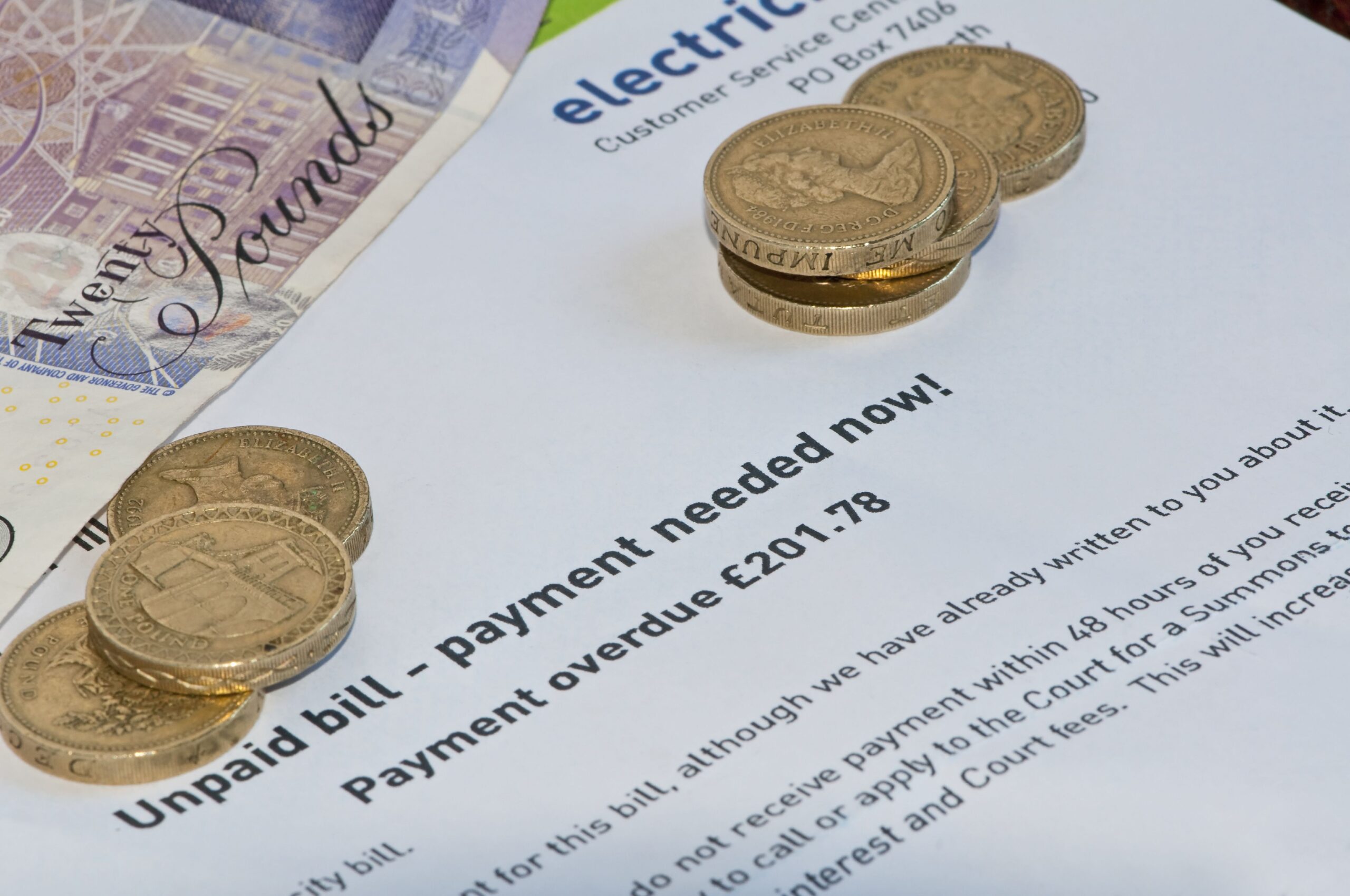
Commercial lenders such as banks use a standard debt collection process to recover unpaid debt. Bailiffs are only used in specific circumstances.
Jump to Article Content:
- The Standard Debt Collection process
- When will a Bailiff be used?
- How to prevent a Bailiff visiting your home
Want advice about your debt? Give us a call (0800 077 6180) or complete the form below to speak to one of our experts
The standard Debt Collection Process
If you owe money which you cannot pay the creditor will normally only employ a Bailiff as a last resort. They will first use the following series of steps to try and recover their money:
1. Use internal collection department
The creditor will use their internal collection department to try to recover their outstanding debt with payment demands in the form of letters and telephone calls. If you do not pay they may threaten the introduction of a debt collector or court action.
2. Employ debt collection company
If the internal collections department is unsuccessful the creditor will often employ a debt collection company to try and recover what they are owed from you. The debt collecting company will employ similar tactics to the internal collections department. They will write to you and try to contact you by telephone. They may even send a representative to your house to try and meet with you face to face. However these people are not bailiffs and are not allowed to come into your home and take your things.
3. Take court action – Apply for a CCJ
If a debt collector is unsuccessful the next step would be for the creditor to take court action. This is in the form of an application for a CCJ (County Court Judgement) to try and force you to pay. Some creditors will apply for a CCJ even where a repayment plan has been agreed with a debt collector as it then gives them the option to take further court action if necessary.
If your debt is for unpaid Council Tax the Council may apply for a CCJ. However they will often apply for a Liability Order which will then result in Bailiff action.
4. Apply for an Attachment of Earnings or Charging Order
Where a CCJ remains unpaid the creditor can take further court action. They could either apply for an attachment of earnings where your employer is required to take money directly from your wages and pay this to your creditor. Alternatively if you are a home owner they may apply for a charge against your property which in affect secures their debt.
When will a Bailiff be used?
Bailiffs are most commonly used to collect non commercial debts for example unpaid court fines, Council Tax arrears, child support agency arrears, rent arrears, income tax arrears and unpaid parking fines.
If all other attempts to collect have failed then these creditors will often applying to the Court for a Warrant which then allows them to employ a bailiff rather than other means of enforcement such as applying for an Attachment of Earnings.
Having said that anyone who is owed money may consider using a Bailiff as a last resort if all other attempts to collect their outstanding debt have failed.
As such it is possible that a banking creditor could chose to use a bailiff to enforce an unpaid CCJ. However this action is unusual because the percentage of the outstanding debt recovered is often very low.
How to prevent a Bailiff visiting your home
It is important to try and resolve your outstanding debt before the creditor reaches the point where they consider using a bailiff. Other than the general inconvenience of having to deal with a bailiff the issue is that they will add significant charges which may increase the debt you owe by many hundreds of pounds.
A bailiff will not be employed unless you have ignored reminder and warning letters from the organisation you owe money to. As such you should have plenty of warning that your creditor is preparing to take further action against you.
You should make every effort to agree a sensible repayment agreement plan with the organisation you owe money to and then stick to the payments you have agreed. If you get a court summons or become aware that an application for a CCJ is being made against you always respond appropriately to this. If you are struggling to do this then you should take advice from Beat My Debt
Arrange a call with a Debt Management Expert
Privacy Policy
Your information will be held in strictest confidence and used to contact you by our internal team only. We will never share your details with any third party without your permission.


